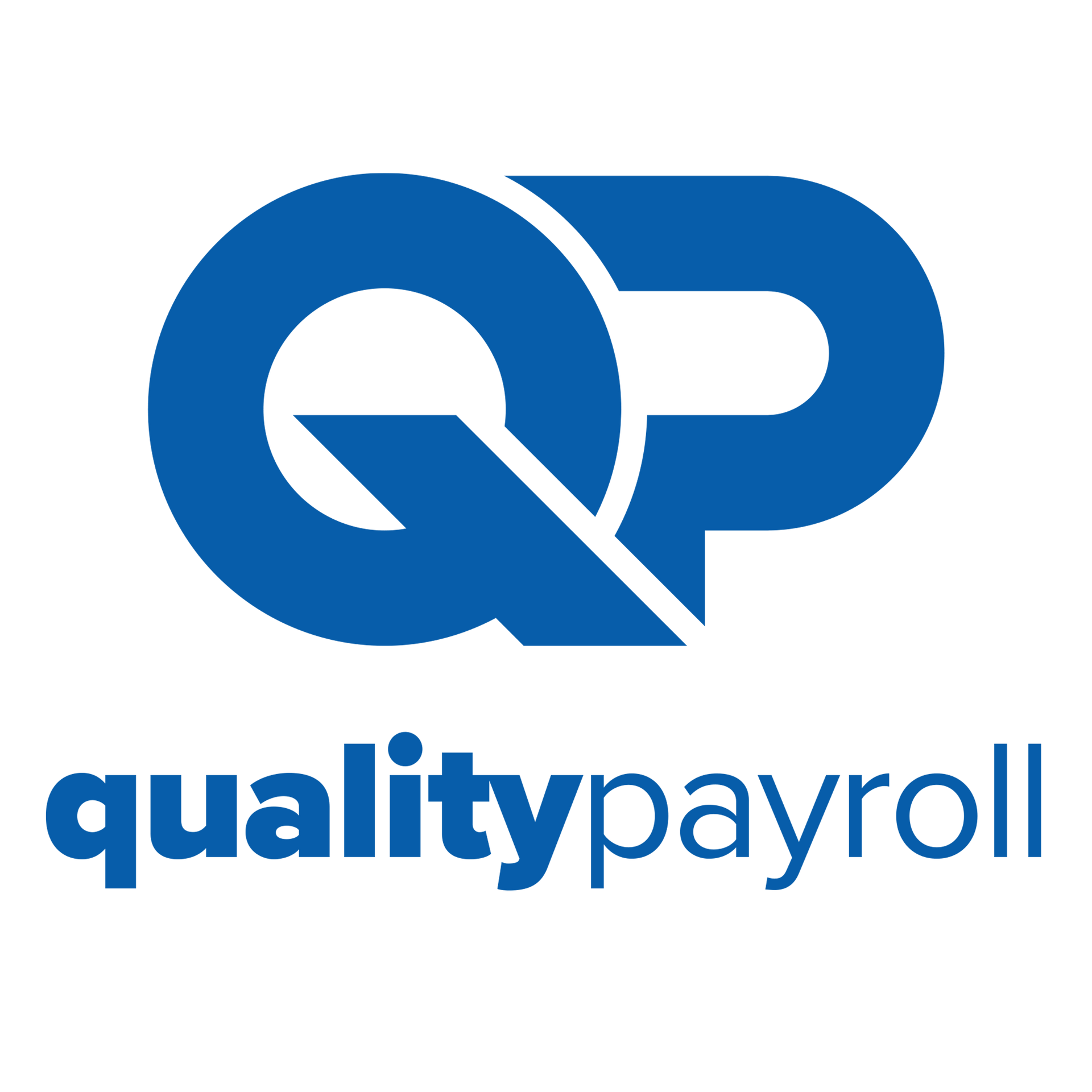August 13, 2025
Payroll is often seen as a back-office function, but for forward-thinking organizations, payroll reports are invaluable tools for strategic decision-making and business growth. When managed and analyzed correctly, payroll data can reveal vital insights into labor costs, workforce trends, compliance, and overall financial health. This article explores the essential types of payroll reports, their formats, and how accurate reporting can drive smarter budgeting, risk management, and long-term planning. The Strategic Role of Payroll Reports in Modern Business Payroll reports are comprehensive documents that detail employee compensation, deductions, taxes, and other payroll-related information. They are not just compliance documents—they offer a window into a company’s spending patterns, resource allocation, and operational efficiency. These reports enable business owners and managers to make informed decisions, ensuring that every dollar spent on payroll is justified and aligned with organizational goals. Accurate payroll reporting is also a cornerstone of regulatory compliance. Businesses are legally required to maintain precise records for tax purposes and labor laws. According to the U.S. Chamber of Commerce , meticulous payroll records help companies avoid costly fines and audits. Types of Payroll Reports and Their Uses Understanding the different payroll report formats is crucial for extracting actionable insights. Here are some of the most important types: Earnings Summaries Earnings summaries provide a snapshot of all employee earnings for a specific period, including regular wages, overtime, bonuses, and commissions. These reports are vital for tracking compensation trends and ensuring that payroll expenses align with budget forecasts. For example, a business experiencing high overtime costs might use this report to adjust staffing schedules and control labor expenses. Tax Reports Tax reports document all payroll-related tax withholdings, employer contributions, and payments to government agencies. These include federal, state, and local taxes, as well as Social Security and Medicare contributions. Keeping these reports up to date is essential for tax compliance and for preparing annual filings such as W-2 and 1099 forms. The IRS notes that accurate reporting can help prevent penalties and interest on unpaid taxes. Payroll Registers A payroll register lists every employee paid during a given payroll cycle, along with gross pay, deductions, and net pay. This report is a go-to reference for HR and accounting teams, helping to resolve discrepancies, answer employee questions, and ensure transparency in the payroll process. Benefit Reports Benefit reports detail employer and employee contributions to benefits such as health insurance, retirement plans, and paid leave. These reports support open enrollment periods, help monitor benefits utilization, and provide documentation for regulatory bodies. Leave and Attendance Reports Tracking employee leave and attendance is critical for resource planning and compliance with labor laws. These reports help businesses identify absenteeism patterns, manage paid time off, and ensure employees are compensated fairly for their time. Report Formats: Making Data Accessible and Actionable Payroll reports can be generated in various formats, including spreadsheets, PDFs, and interactive dashboards. Modern payroll software solutions often provide customizable templates that allow businesses to tailor reports to their specific needs. For instance, dynamic dashboards enable managers to filter data by department, location, or pay period, making it easier to identify trends and anomalies. A user-friendly report format is key to maximizing the value of payroll data. Clear labeling, concise summaries, and visual aids such as charts or graphs can make complex information more digestible. This clarity supports quick decision-making and fosters collaboration between HR, finance, and executive teams. How Payroll Reports Inform Budgeting and Forecasting One of the most significant benefits of payroll reporting is its impact on budgeting and forecasting. By analyzing historical payroll data, businesses can predict future labor costs, allocate resources more efficiently, and set realistic growth targets. According to a recent survey , large amounts of organizations use payroll analytics to improve budgeting accuracy and optimize workforce planning. Payroll reports help identify seasonal fluctuations in labor costs, allowing companies to prepare for peak periods or adjust staffing levels during slower months. They also highlight areas where costs are escalating, prompting timely interventions such as revising compensation structures or investing in employee retention programs. Real-World Examples of Payroll Reports Driving Growth Businesses across industries are leveraging payroll data to fuel their growth strategies. For instance, a retail company might use leave reports to optimize shift scheduling, reducing overtime expenses and improving employee satisfaction. A healthcare provider could analyze benefit reports to enhance their benefits package, attracting top talent in a competitive market. Construction firms often rely on payroll registers to track labor costs by project, ensuring that bids remain profitable and projects stay within budget. Meanwhile, technology startups use payroll analytics to plan for expansion, ensuring they have the right mix of skills and experience to drive innovation. The Link Between Accurate Payroll Reporting and Business Success Maintaining accurate payroll records is not just about compliance—it’s about building a resilient and agile business. Consistent reporting practices reduce the risk of errors, fraud, and costly disputes with employees or regulators. High-quality payroll data also enhances transparency, boosting employee trust and organizational morale. As companies grow, the complexity of payroll management increases. Partnering with a dedicated payroll provider can help businesses stay ahead of regulatory changes, automate reporting processes, and focus on strategic initiatives. Quality Payroll & Benefits offers a range of payroll solutions designed to simplify reporting and support your business goals. Empowering Strategic Growth with Payroll Insights Payroll reports are powerful allies in the pursuit of business growth. By providing clear, accurate, and actionable information, they enable leaders to make smarter decisions, forecast with confidence, and maintain compliance at every stage of development. Investing in robust payroll reporting processes today lays the foundation for sustainable success and a brighter financial future. For more information on how to leverage payroll reports for your business, visit the Quality Payroll & Benefits blog or reach out to our team for personalized guidance.










